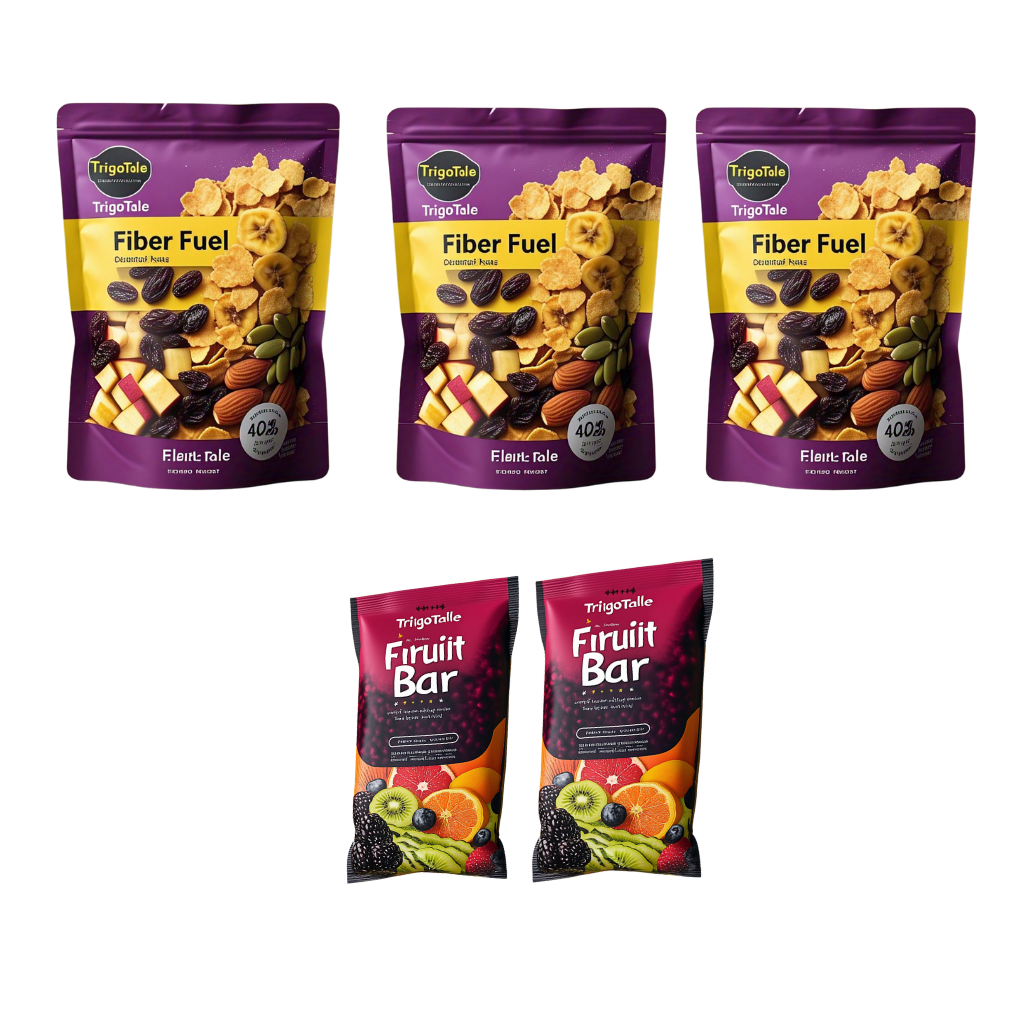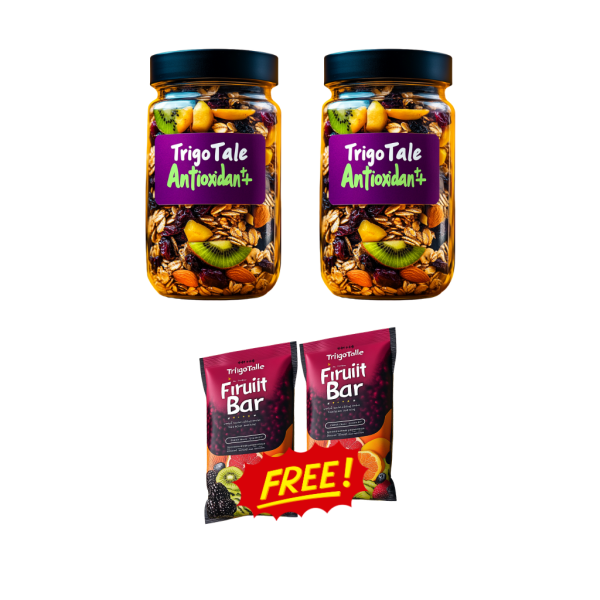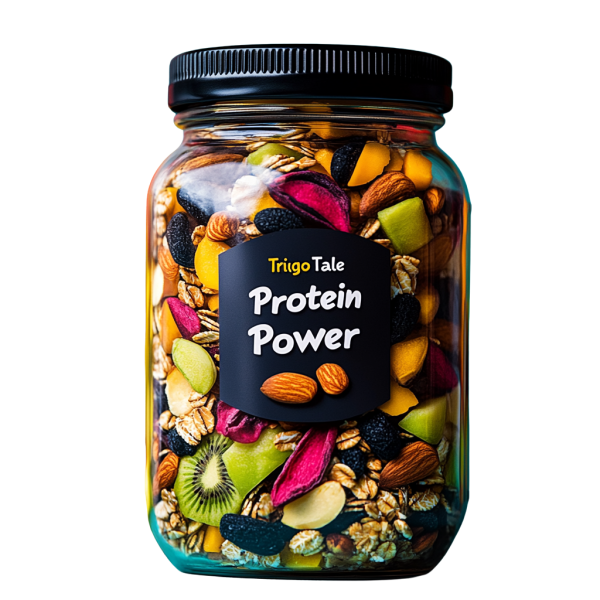When it comes to nutrition, fiber is often overlooked, yet it plays a vital role in maintaining overall health. Found in fruits, vegetables, whole grains, legumes, nuts, and seeds, dietary fiber offers a wide range of benefits that go far beyond just keeping your digestion regular. Let’s explore why fiber is an essential part of a balanced diet and how you can easily incorporate more of it into your meals.
1. Supports Digestive Health
Fiber adds bulk to your stool and helps food move smoothly through your digestive tract. This not only prevents constipation but also promotes regular bowel movements and a healthy gut environment. Certain types of fiber, known as prebiotics, also nourish the beneficial bacteria in your intestines, further supporting digestive health.
2. Helps Manage Weight
High-fiber foods are more filling and take longer to digest, which helps you feel satisfied for longer periods. This can reduce the likelihood of overeating and help with weight management or weight loss efforts.
3. Regulates Blood Sugar Levels
Soluble fiber, found in foods like oats, beans, and apples, slows the absorption of sugar into the bloodstream. This helps stabilize blood sugar levels, making fiber especially important for people with diabetes or those looking to prevent blood sugar spikes.
4. Lowers Cholesterol
Fiber, particularly soluble fiber, can help lower LDL (bad) cholesterol levels by binding to cholesterol particles and removing them from the body. This supports heart health and reduces the risk of cardiovascular disease.
5. Reduces Risk of Chronic Diseases
A diet rich in fiber has been linked to a lower risk of developing several chronic conditions, including heart disease, stroke, type 2 diabetes, and certain types of cancer, especially colon cancer.
6. Easy Ways to Add More Fiber
- Start your day with a high-fiber breakfast cereal or oatmeal.
- Snack on fruits, vegetables, or a handful of nuts.
- Choose whole-grain bread, pasta, and rice instead of refined grains.
- Add beans or lentils to soups, salads, or main dishes.
- Leave the skin on fruits and vegetables when possible.
Conclusion
Fiber is a nutritional powerhouse that supports digestion, heart health, weight management, and more. By making fiber-rich foods a regular part of your diet, you’re investing in your long-term health and well-being. Small changes, like swapping refined grains for whole grains or adding an extra serving of vegetables to your meals, can make a big difference.















